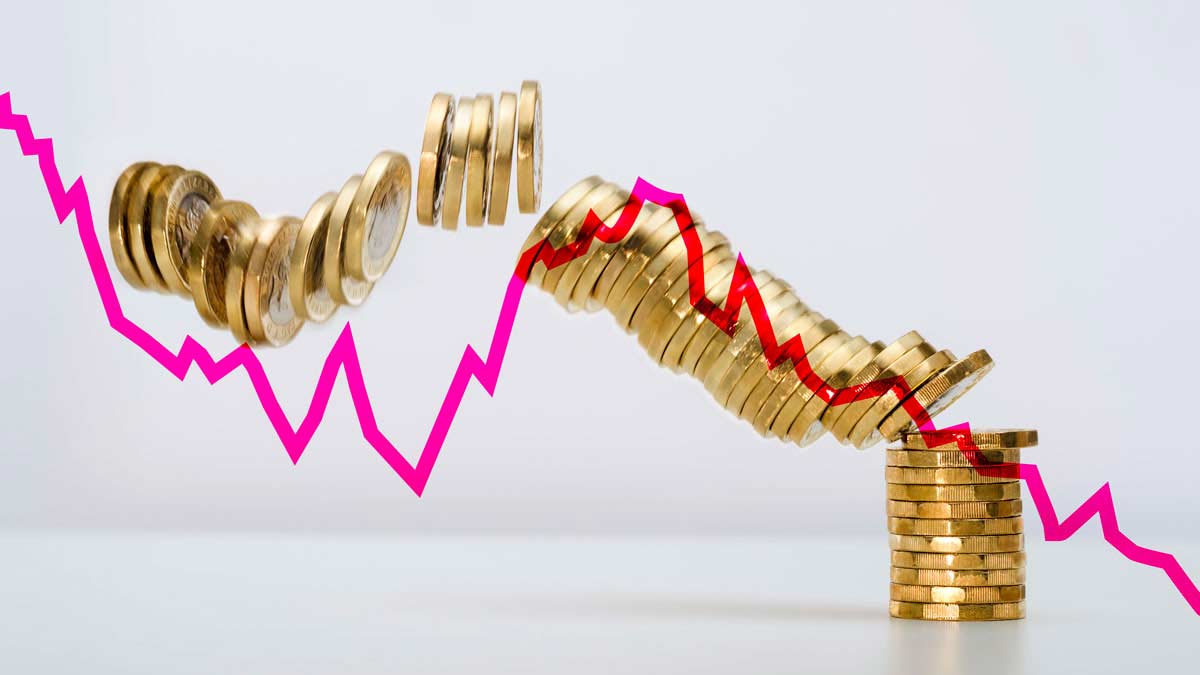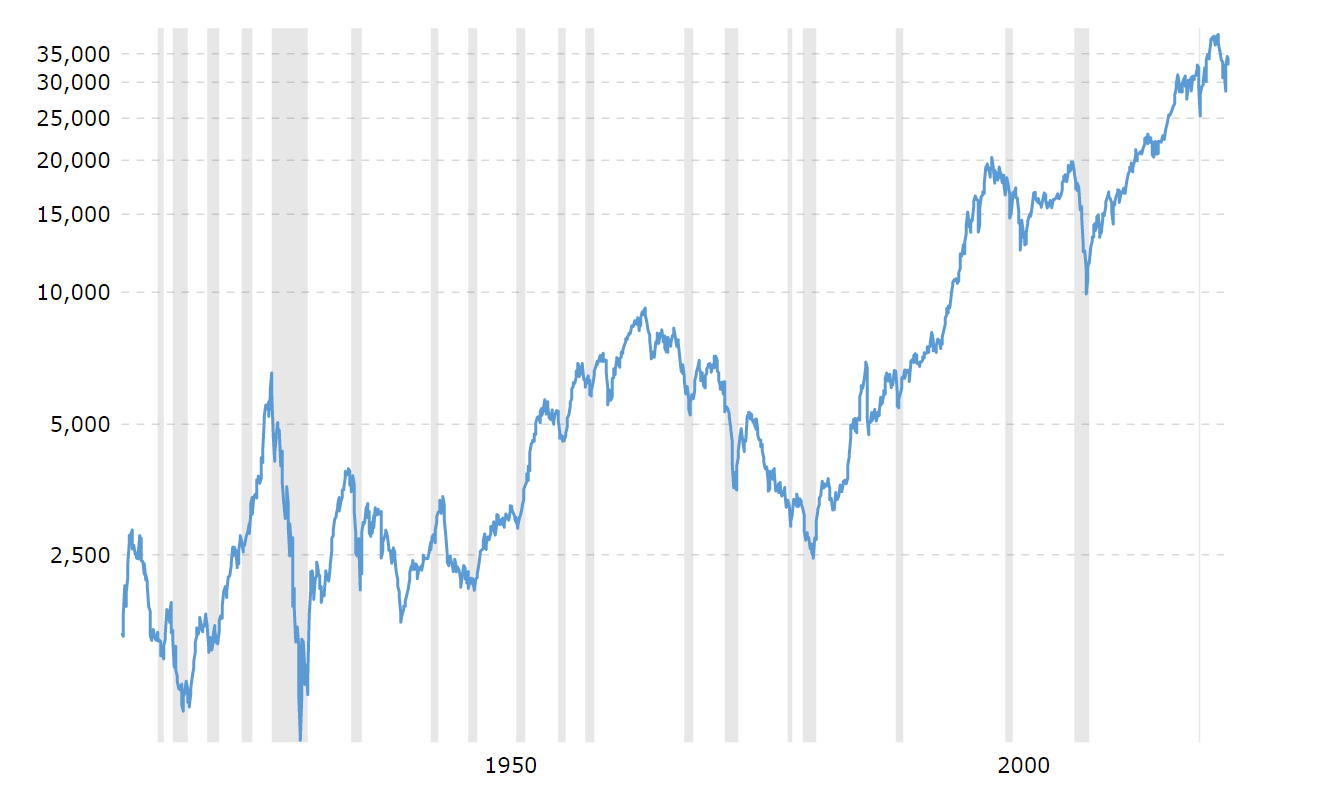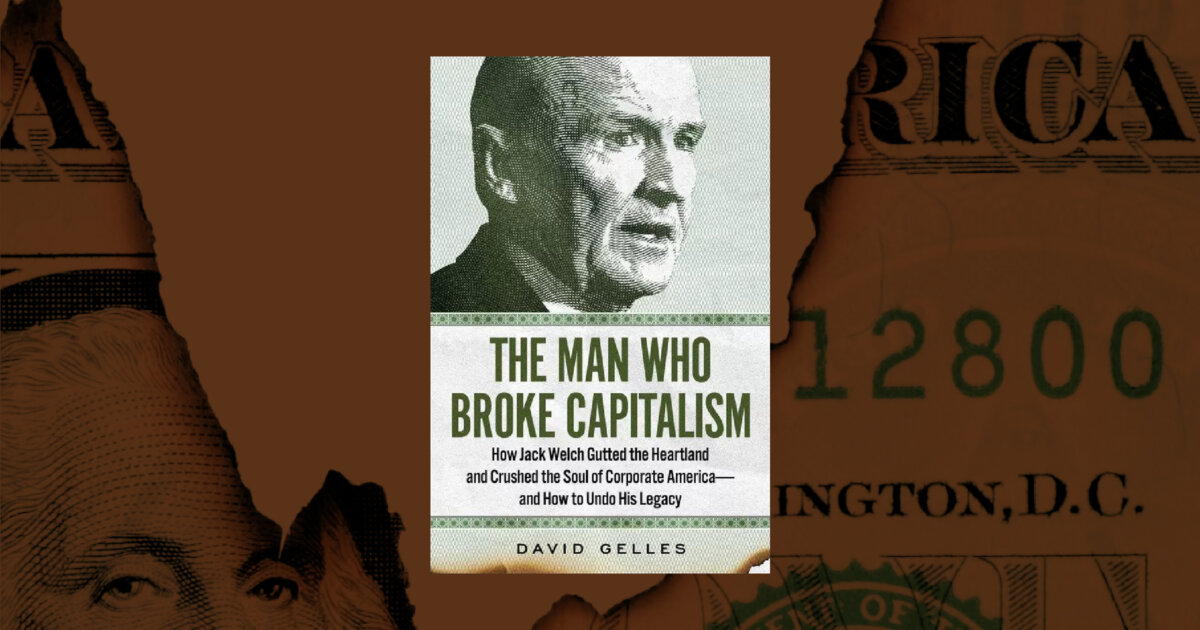On the surface that doesn't look good, but have you stopped to think about how important that actually is? For instance, I'll cherry pick two companies for example:
- Allstate Corp - large insurance carrier
Why would Allstate really be recording R&D expense? Allstate likely doesn't do much R&D as it isn't necessary nor a core competency. If Allstate wants to gain or use Fintech, it likely enters into licenses with innovative, R&D-laden software and technology companies. Or, if it really wants to differentiate, it could potentially acquire that business and there would be a negigible amount of go-forward R&D.
- Accenture - multinational consulting firm
Accenture (former Arthur Andersen consulting arm) focuses primarily on IT consulting and secondarily on other adjacent consulting areas (operations, management, etc.). It similarly doesn't record any R&D expense because it's a business that deploys functional experts to other firms.
It seems like a relevant, but imperfect way to look at the things. In other words, I'd much rather see a use of a combination of R&D
PLUS capital expenditures, which also demonstrate reinvestment in the company and cover a much broader set of participants and costs.
Seems a bit unfair to singularly blame a sole company for this. I saw Steven Rattner's doomsday OpEd, but Taiwan Semicon is already building one of the largest factories in the world to produce chips in Phoenix metro. Do we care what companies are producing these, so long as security and access is on par? In other words, how is this different from Japanese or German cars being made in South Carolina or Tennessee?
LOL, reading a one-sided accusatory book doesn't seem like it's going to give you any new perspective, only solidify your existing beliefs. There's several critical reviews out there on it, notably:
A new book about former GE CEO Jack Welch blames him for shareholder capitalism, but there were other factors at play.

sloanreview.mit.edu
Again, you should go to China. If you think they are innovative, watch them try and make a Cheeseburger without Cheese. Or look at their poorly made, reverse engineered bus engines that are knock offs of Southern IN darling Cummins. Their people still defecate in holes in the ground.
I'm not interested in giving them credit until they've earned it and they are a long ways away from that. India has a much more innovative culture than China.
Also, I'm not sure the investor demands are unique to America these days. Sure, it originated here, but do you really think CEOs in Germany, Japan, etc. have a long leash these days? Are investor expectations really that different?





